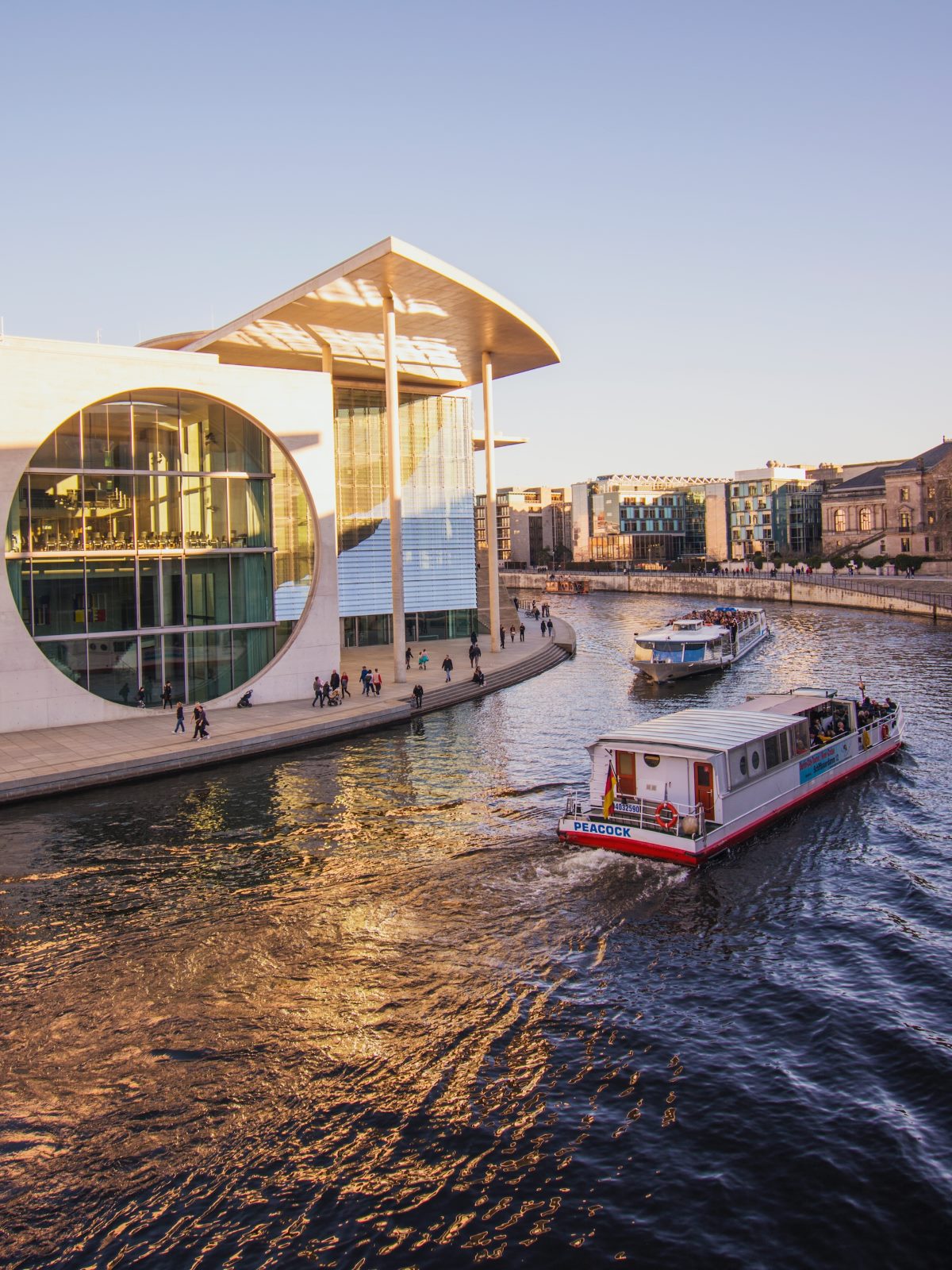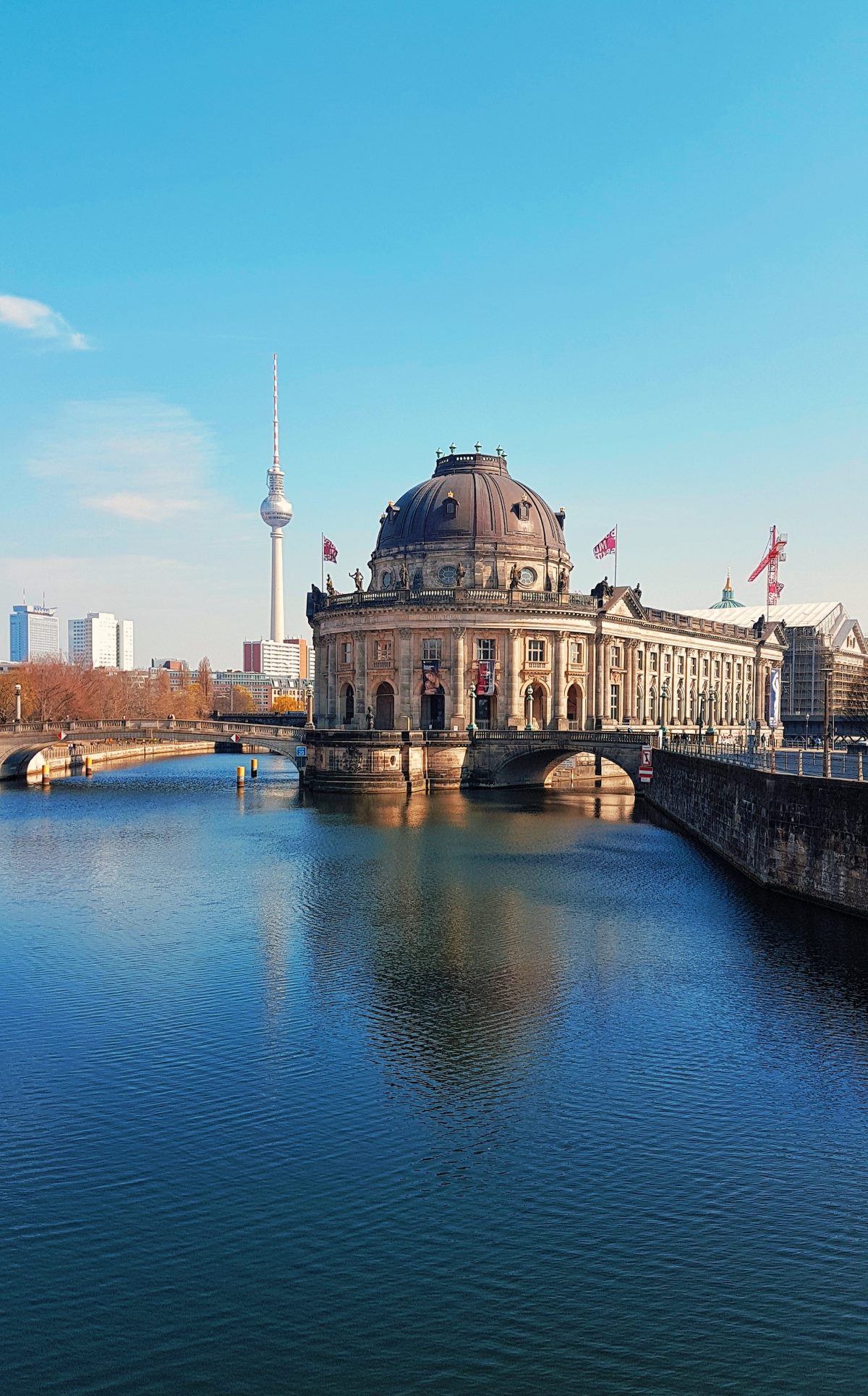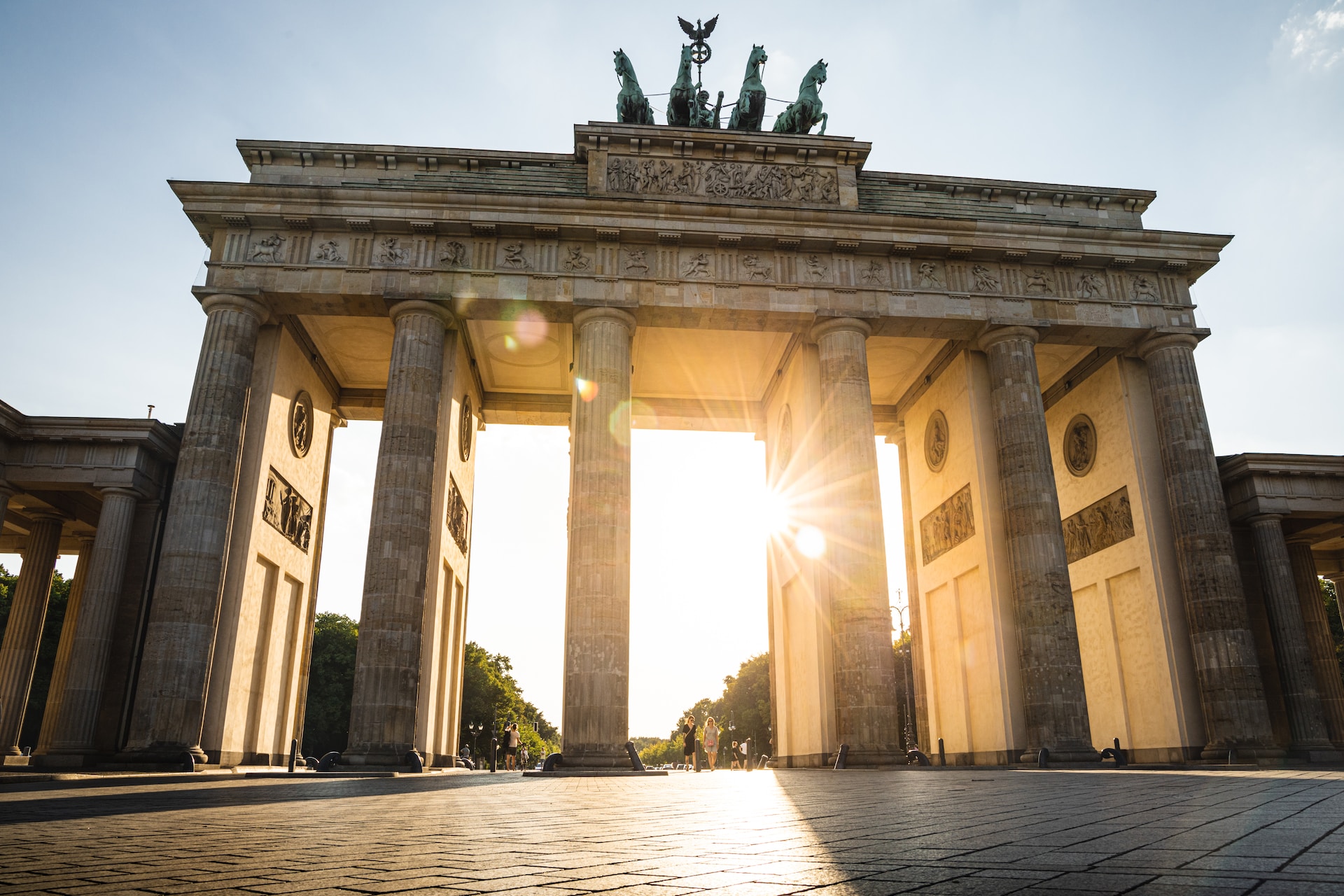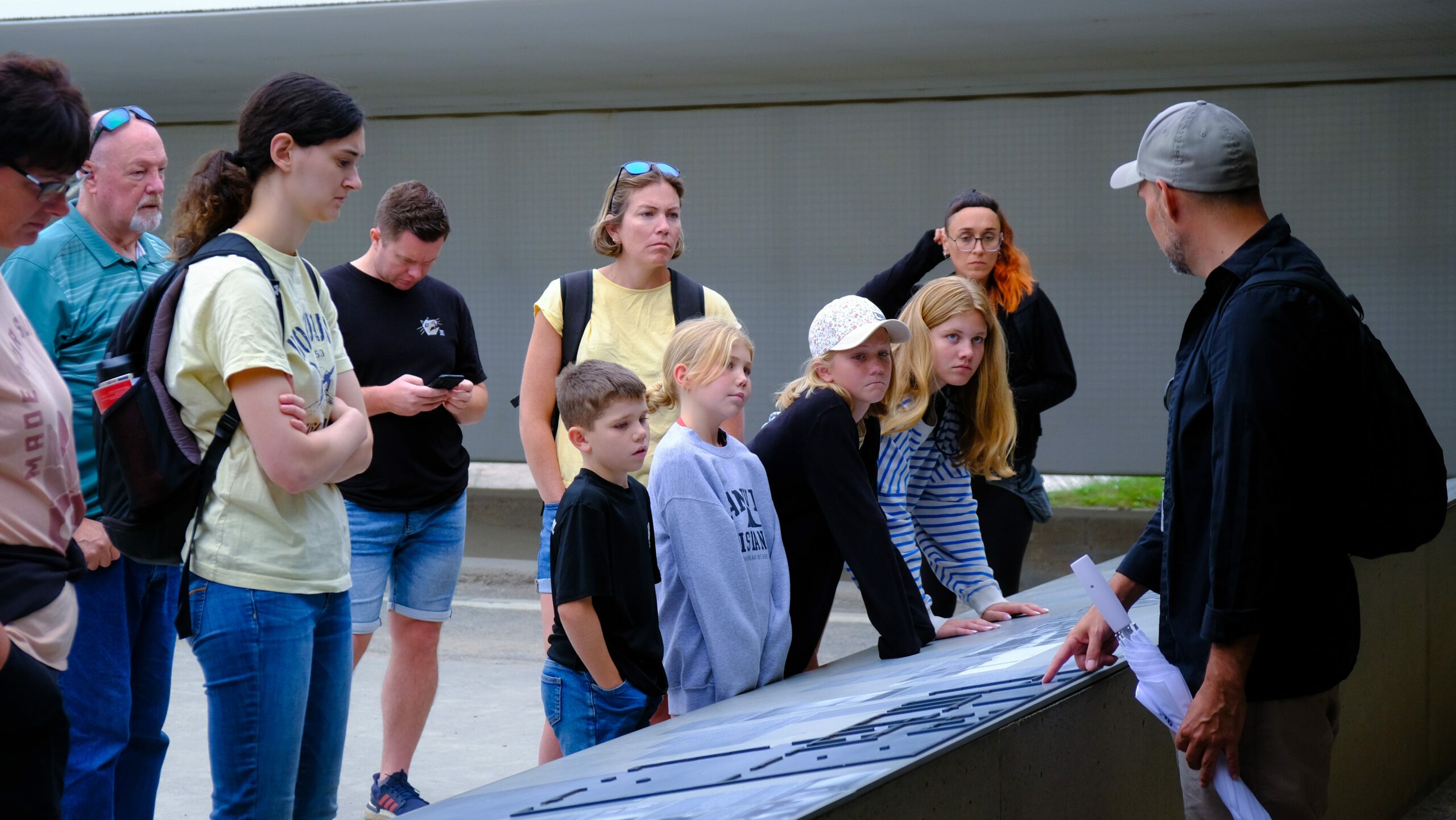Historical landmarks in Germany have usually led people to picture the familiar sights of Berlin Wall and the Brandenburg Gate. Have you ever encountered the Ishtar Gate even once?
Ancient Wonder Reincarnated
During the Babylonian era the Ishtar Gate operated as one of the eight gateways that protected ancient Babylon. During the rule of King Nebuchadnezzar II in the 6th century BCE Babylonians built this gate which served as Babylon’s entrance to its inner city while it honored the deity known as Ishtar.
People can now admire an impressive Berlin reproduction of the original gate that stands at a distance of thousands of kilometers from its original location in Babylon.
Discovering the Gate in Berlin
Berlin’s Pergamon Museum now presents visitors with the exact reproduction of the Ishtar Gate within its location on Museum Island. Among the vast collection of worldwide ancient artifacts in the museum stands the Ishtar Gate as one of its most notable exhibits.
Your walk through the museum hall will lead you directly to a reconstruction of Babylon during antiquity. The Ishtar Gate stands out powerfully to lead visitors toward historical knowledge of cultural heritage.
The Symbolism and Design
Well-built blue glazed bricks create the Ishtar Gate which displays detailed reliefs featuring lions and bulls along with dragons. The installed reliefs on the wall carry numerous sacred symbols which link to divine entities and mythological stories.
In the design of the gate experts observe the depiction of mystical Mount Mashu. The ancient Mesopotamian mythology identified this mountain as the location where human contact with divine powers occurred.
One can feel the greatness of Babylonian artistic brilliance and cultural grandeur when stepping through the Ishtar Gate. Visitors who see the gate must acknowledge its incredible value.
The Process of Recreation
Great effort and specialized research along with skilled craftsmanship were needed to recreate the original Ishtar Gate. German archaeologist Robert Koldewey started the reconstruction project early during the 20th century. Through his archaeological work at Babylon he demolished the original gate before he properly recorded all its particulars.
The insights gained from the excavation allowed specialists to build a replica of the gate with traditional building approaches and authentic materials. The rebuilding process replicated blue-glazed bricks while artists executed hand-painted reliefs through ancient methods to reach historical accuracy.
Preserving History
Safeguarding historical artifacts including the Ishtar Gate requires the highest priority. Through archaeological finds we can study interpretation of human life patterns as well as both spiritual and architectural practices from previous ages. The observation of these remarkable historic works grants us better understanding of past times.
Final Thoughts
As a masterpiece of ancient Babylonian art and ancient Babylonian craftsmanship the Ishtar Gate stands today at the Berlin museum complex. Visitors have the opportunity to observe the magnificent artistic design and religious elements which Babylonians once exhibited in their city.
Take a trip to Berlin to walk through history by discovering the splendid cultural essence of the Ishtar Gate. You won’t be disappointed!
Table of Contents




